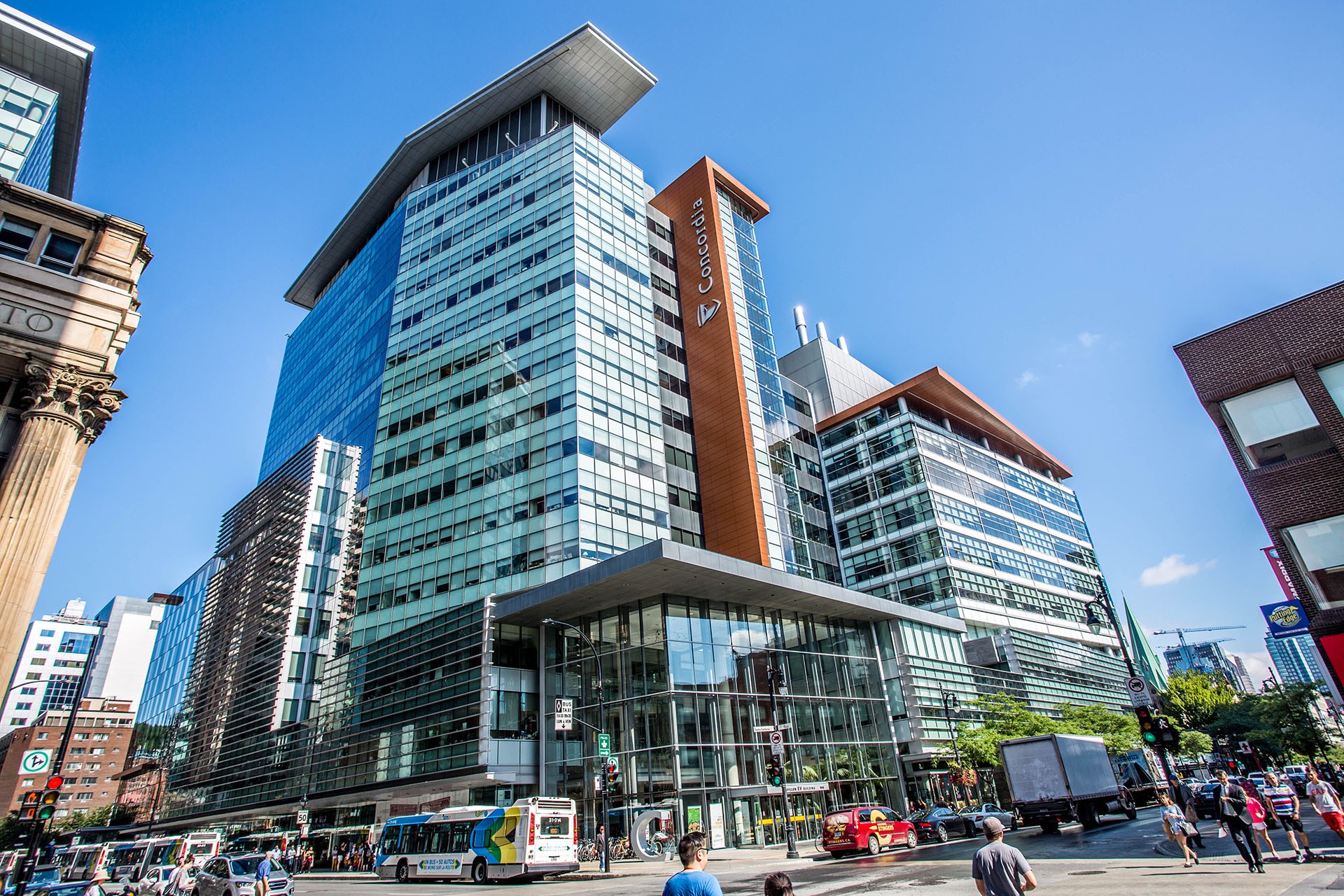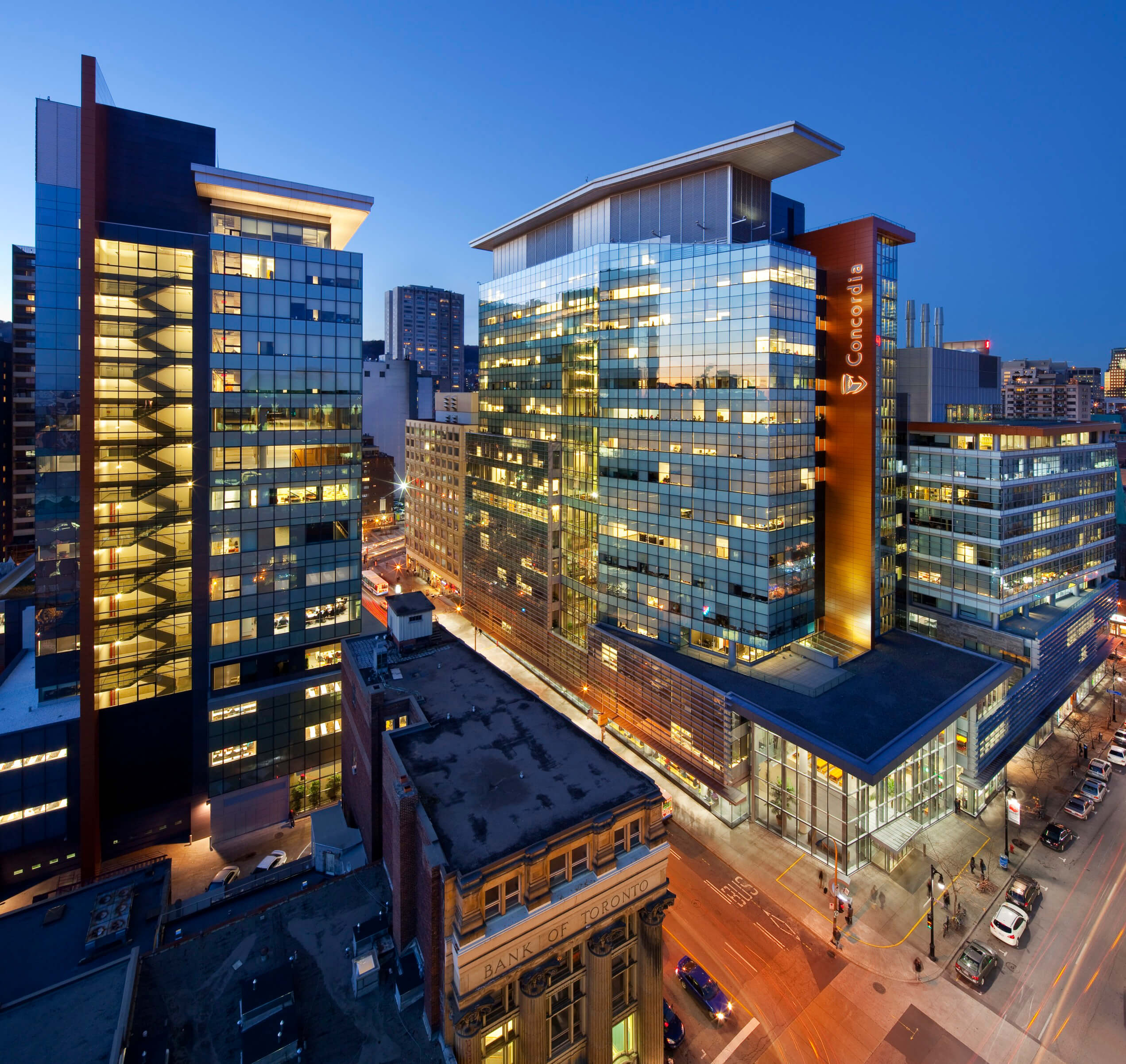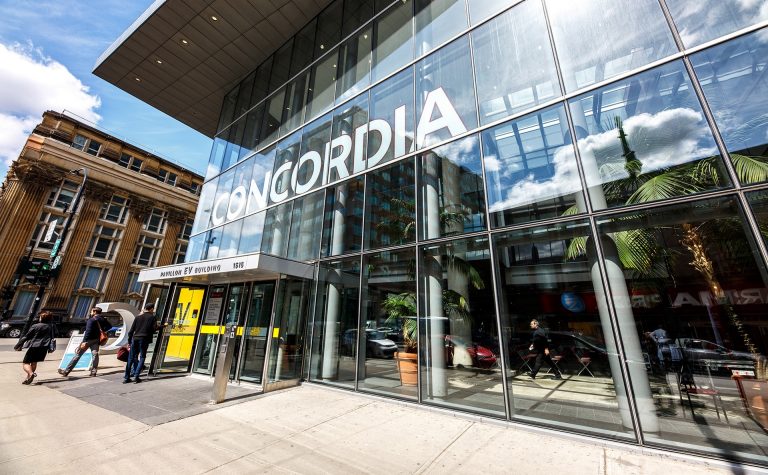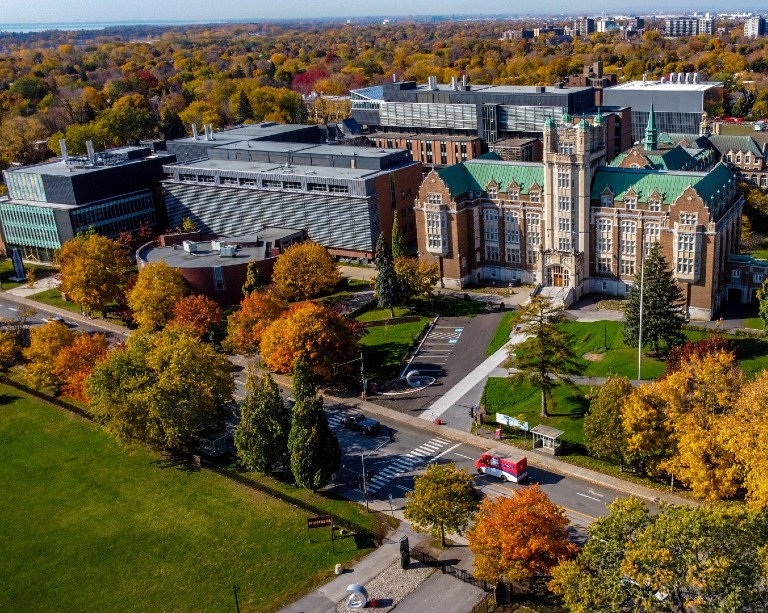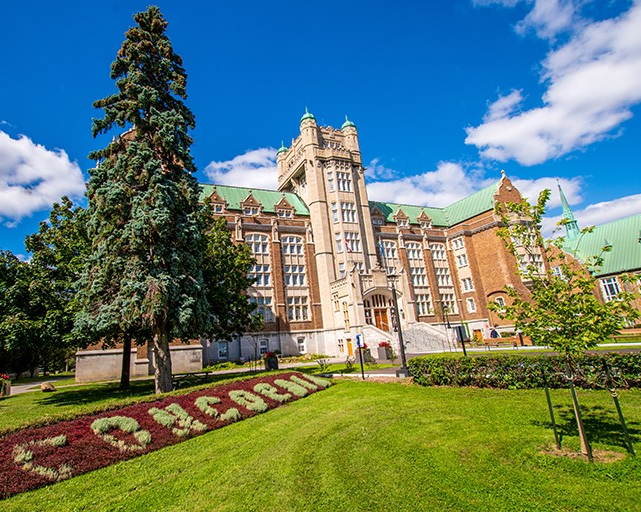Concordia University offers both a Bachelor of Arts (BA) and a Bachelor of Science (BSc) program in Statistics. These programs are designed to provide students with a strong foundation in statistical theory, methods, and applications.
Here is a general overview of what the Statistics programs at Concordia University might include:
Core Statistics Courses: Both the BA and BSc programs typically include core courses in statistical theory, probability, and statistical methods. These courses cover topics such as statistical inference, regression analysis, experimental design, probability distributions, and mathematical statistics. They provide students with the fundamental knowledge and skills necessary for statistical analysis.
Statistical Computing: Students learn to use statistical software and programming languages for data analysis. Courses may introduce students to software packages such as R or SAS and teach them how to analyze and interpret data using these tools. They gain hands-on experience in data manipulation, visualization, and statistical modeling.
Applied Statistics: The programs emphasize the application of statistical methods in various fields. Students learn how to apply statistical techniques to solve real-world problems in areas such as social sciences, business, health sciences, environmental studies, or engineering. They may have opportunities to work on applied projects or case studies.
Data Visualization: Students learn how to effectively present and visualize data. They explore techniques for creating clear and meaningful visual representations of statistical findings, using graphs, charts, and other visualization tools. Effective data visualization is crucial for communicating statistical results to different audiences.
Probability and Mathematical Statistics: The programs typically include courses that focus on probability theory and mathematical statistics. Students learn about probability distributions, mathematical models for statistical inference, hypothesis testing, and mathematical foundations of statistical methods. These courses provide a deeper understanding of the theoretical underpinnings of statistics.
Elective Courses: Students have the opportunity to choose elective courses based on their interests and career goals. These electives may include specialized topics in statistics, such as multivariate analysis, time series analysis, Bayesian statistics, survey sampling, or data mining. Students can tailor their studies to specific areas of interest within statistics.
Capstone Project or Research Experience: Some programs may include a capstone project or a research experience where students apply their statistical knowledge and skills to solve a real-world problem or engage in statistical research under the guidance of faculty members. This experience allows students to integrate their learning and gain practical experience in statistical analysis.
Communication and Presentation Skills: Students develop strong written and oral communication skills specific to statistics. They learn how to effectively communicate statistical concepts, methodologies, and findings to both technical and non-technical audiences. These skills are essential for conveying statistical information accurately and clearly.
The BA and BSc programs in Statistics at Concordia University prepare students for careers in data analysis, statistical consulting, market research, actuarial science, healthcare analytics, financial analysis, or further studies in statistics, biostatistics, data science, or related fields at the graduate level.
Please note that program offerings and requirements may change over time. I recommend visiting the official Concordia University website or contacting the university directly for the most up-to-date and accurate information about their Statistics programs.
Show less 